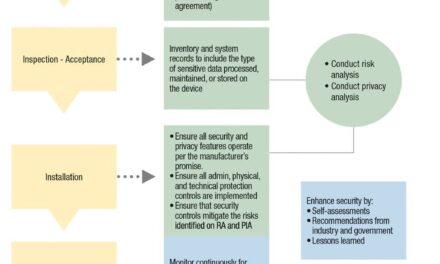ECRI announces its unity with the United States’ top safety experts in calling for a total systems approach to safety, a theme that was the central focus at the May 2022 Institute for Healthcare Improvement (IHI) Patient Safety Congress.
During its annual convening of national safety leaders, IHI leadership announced its Declaration to Advance Patient Safety, an initiative focused on addressing safety from a total systems approach, as presented in the 2020 National Action Plan to Advance Patient Safety.
“As a member of the National Steering Committee for Patient Safety that created the National Action Plan to Advance Patient Safety, ECRI fully supports this renewed call to action as outlined in the recent Declaration,” says Chief Medical Officer Dheerendra Kommala, MD. “ECRI, the most trusted voice in healthcare, is in a unique position to deliver a comprehensive, robust solution that reduces preventable harm.”
ECRI’s total system approach to advancing safety includes the design and implementation of a proactive, coordinated strategy to establish healthcare safety processes that impact patients, families, visitors, and healthcare workers across the continuum of care.
ECRI’s healthcare safety experts work collaboratively with healthcare providers to achieve a total systems approach by focusing on strategies to assess, analyze, and implement evidence-based solutions in support of the four foundational domains of the National Action Plan:
- Culture, leadership, and governance
- Patient and family engagement
- Workforce safety
- Learning system
“This approach, coupled with a focus on the redesign of clinical operating systems, requires coordination of leadership, frontline staff, and safety, quality, and risk management professionals,” says Kommala.
ECRI’s 2022 Top 10 Patient Safety Concerns outlined many complex safety issues which can be addressed by a total systems approach to safety. “Tackling a complex issue like staffing shortages, our No.1 concern, can have a profound impact on both the safety of patients and the healthcare workforce. Leaders and governing bodies need to recognize that the solution is not an easy fix,” says Shannon Davila, RN, associate director of ECRI Safety Solutions. “It requires multi-stakeholder engagement and a learning system framework to actively understand how harm events occur so that we can begin to implement strong and sustainable solutions.”
First established in 2008 as separate PSOs, the joint ECRI and the ISMP PSO now works collaboratively with more than 1,400 healthcare organizations across a breadth of care settings—from hospitals, health systems, and physician practices to pharmacies, aging services providers, and ambulatory surgery centers—to assess where gaps may exist within their current organizational structures.
The PSO team analyzes its robust database of more than 5 million event reports related to patient safety, infection, and medical devices. ECRI and ISMP’s multidisciplinary team of clinicians, engineers, and medication safety and human factors experts analyzes and compares the data, customizes safety plans, and follows through with clients to ensure programs are implemented and monitored.





